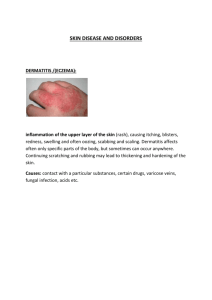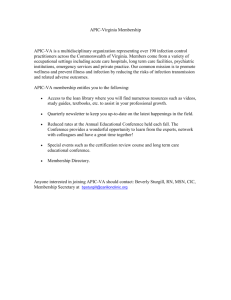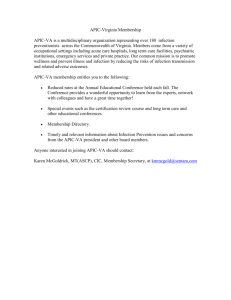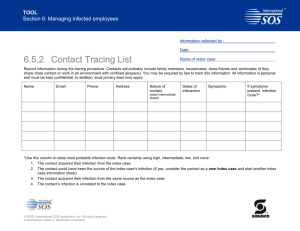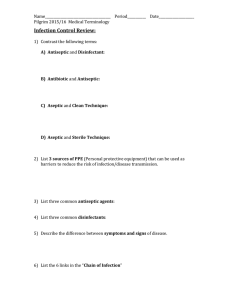All You Need To Know About Tinea Capitis Treatment
advertisement
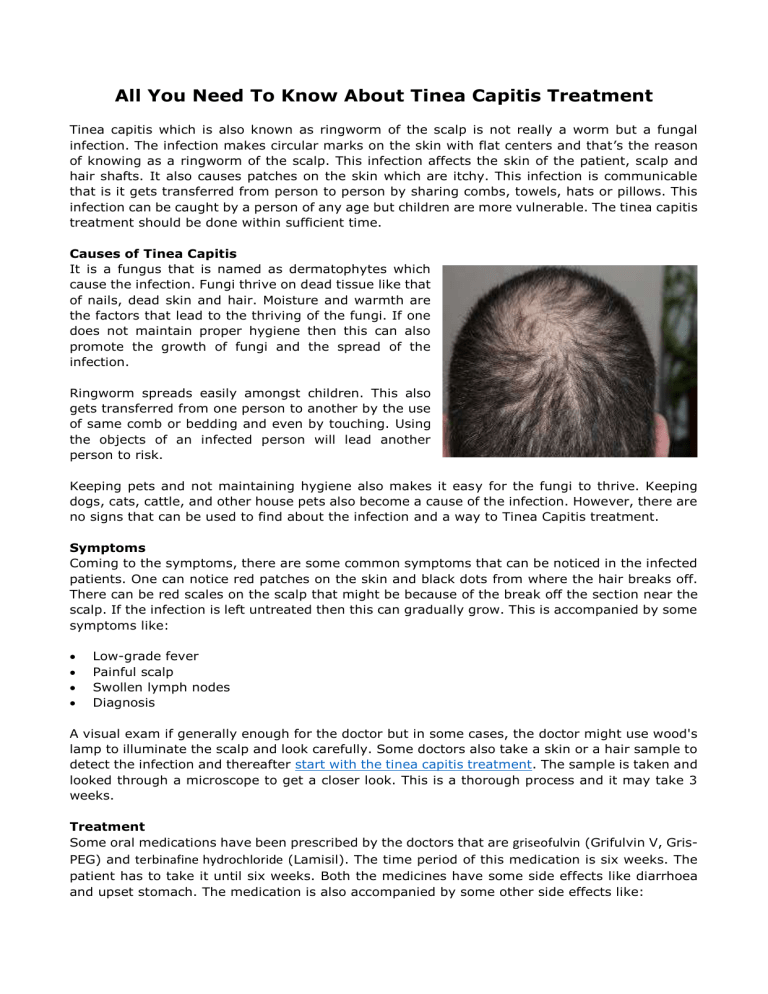
All You Need To Know About Tinea Capitis Treatment Tinea capitis which is also known as ringworm of the scalp is not really a worm but a fungal infection. The infection makes circular marks on the skin with flat centers and that’s the reason of knowing as a ringworm of the scalp. This infection affects the skin of the patient, scalp and hair shafts. It also causes patches on the skin which are itchy. This infection is communicable that is it gets transferred from person to person by sharing combs, towels, hats or pillows. This infection can be caught by a person of any age but children are more vulnerable. The tinea capitis treatment should be done within sufficient time. Causes of Tinea Capitis It is a fungus that is named as dermatophytes which cause the infection. Fungi thrive on dead tissue like that of nails, dead skin and hair. Moisture and warmth are the factors that lead to the thriving of the fungi. If one does not maintain proper hygiene then this can also promote the growth of fungi and the spread of the infection. Ringworm spreads easily amongst children. This also gets transferred from one person to another by the use of same comb or bedding and even by touching. Using the objects of an infected person will lead another person to risk. Keeping pets and not maintaining hygiene also makes it easy for the fungi to thrive. Keeping dogs, cats, cattle, and other house pets also become a cause of the infection. However, there are no signs that can be used to find about the infection and a way to Tinea Capitis treatment. Symptoms Coming to the symptoms, there are some common symptoms that can be noticed in the infected patients. One can notice red patches on the skin and black dots from where the hair breaks off. There can be red scales on the scalp that might be because of the break off the section near the scalp. If the infection is left untreated then this can gradually grow. This is accompanied by some symptoms like: Low-grade fever Painful scalp Swollen lymph nodes Diagnosis A visual exam if generally enough for the doctor but in some cases, the doctor might use wood's lamp to illuminate the scalp and look carefully. Some doctors also take a skin or a hair sample to detect the infection and thereafter start with the tinea capitis treatment. The sample is taken and looked through a microscope to get a closer look. This is a thorough process and it may take 3 weeks. Treatment Some oral medications have been prescribed by the doctors that are griseofulvin (Grifulvin V, GrisPEG) and terbinafine hydrochloride (Lamisil). The time period of this medication is six weeks. The patient has to take it until six weeks. Both the medicines have some side effects like diarrhoea and upset stomach. The medication is also accompanied by some other side effects like: Vomiting Fatigue Faintness Rash Dizziness Hives Allergic reactions The doctors may also suggest the patient to use medicated shampoo to remove fungus and prevent the spread of the infection.
